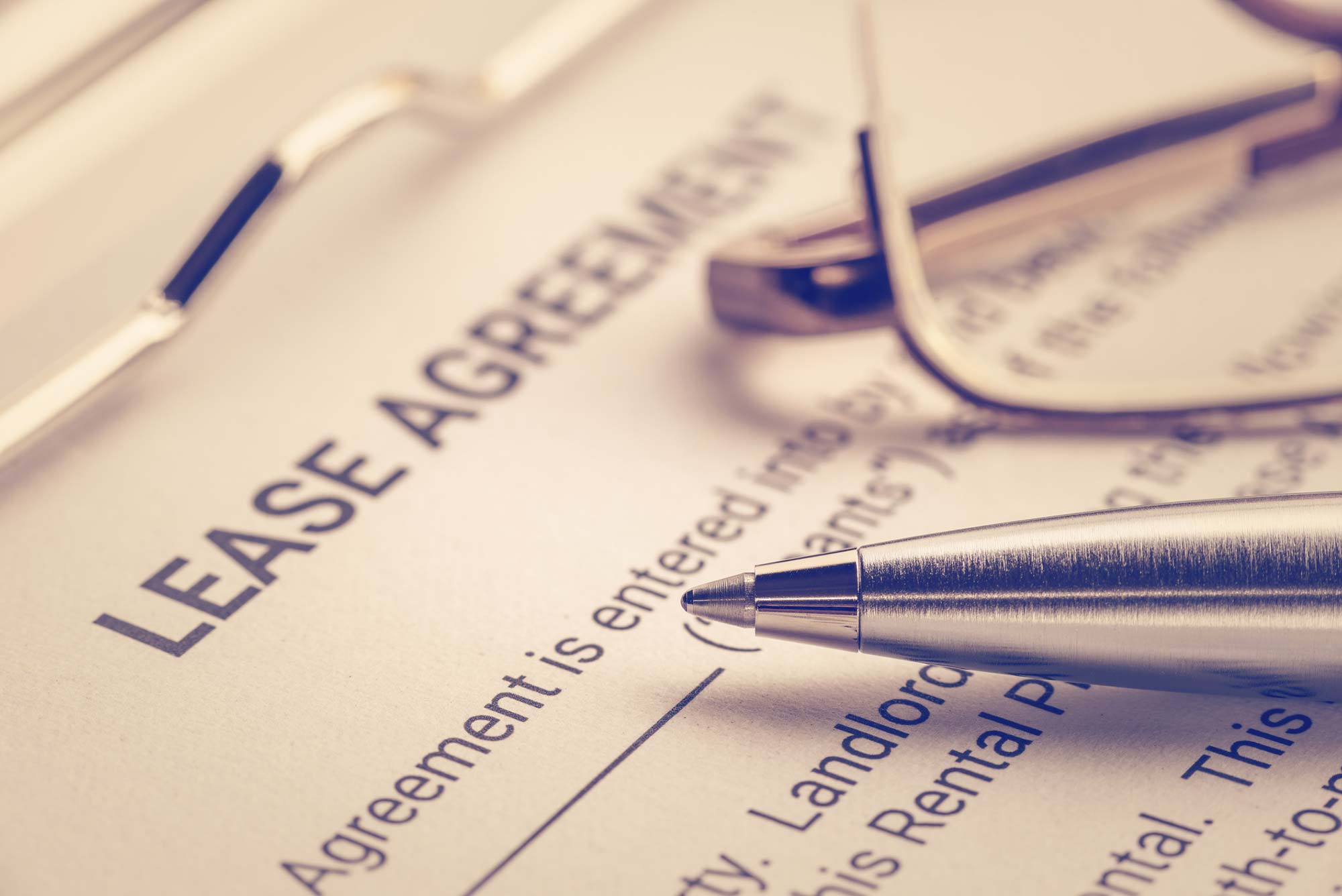Signing a commercial lease in New York City can feel like learning a new language—one filled with legal jargon, small print, and clauses that can either protect or hurt your business. Whether you’re a landlord or a tenant, understanding the details of your lease is crucial to avoiding costly surprises down the road. Here are key NYC commercial lease clauses that can significantly impact your bottom line.
1. Base Rent and Escalation Clauses
The base rent may look straightforward, but escalation clauses can steadily increase your costs over the life of the lease. In NYC, it’s common for leases to tie rent increases to the Consumer Price Index (CPI) or fixed annual percentage hikes. Some also include “operating expense escalations,” where tenants share in rising building costs. Understanding exactly how—and when—rent will increase helps you budget more accurately and avoid unexpected financial strain.
2. Operating Expense Pass-Throughs
Many NYC commercial leases require tenants to pay a proportionate share of a building’s operating costs, such as maintenance, repairs, utilities, and property taxes. This is often outlined in a “net” lease (e.g., single-net, double-net, or triple-net). Pay close attention to how these expenses are calculated and whether there are caps on annual increases. Without clear limits, you could be on the hook for large, unpredictable expenses.
3. Use and Exclusivity Clauses
A use clause specifies what type of business activity is permitted in the space. Too narrow a definition can limit your ability to pivot your business model in the future. Exclusivity clauses, on the other hand, can protect you by preventing the landlord from renting nearby spaces to direct competitors. Both can directly influence your revenue potential.
4. Alterations and Improvements
If you plan to customize your space, the alterations clause determines what you can and cannot do—and who pays for it. Some landlords require tenants to restore the space to its original condition at the end of the lease, which can be a costly surprise. Negotiating favorable terms upfront for tenant improvements (TI) or build-out allowances can save significant money.
5. Assignment and Subletting
Business circumstances change. If you ever need to relocate, downsize, or restructure, the assignment and subletting clause will dictate your ability to transfer the lease to another party. Restrictive language can limit your exit strategy and force you to carry unwanted space (and costs) until the lease expires.
6. Renewal Options
A renewal option gives you the right—but not the obligation—to extend your lease, often at predetermined terms. In NYC’s competitive market, having a renewal option can protect you from being priced out of a prime location. Make sure the renewal terms are clear and favorable before signing.
7. Default and Remedies
If you breach the lease—whether by missing rent, violating a use clause, or failing to maintain insurance—the default clause outlines the landlord’s remedies. Some leases allow immediate eviction, while others provide cure periods. Knowing your rights and responsibilities here is critical to avoiding severe penalties.
Bottom Line:
NYC commercial leases are complex, and each clause has the potential to impact your profitability. Before signing, review the lease carefully with a qualified real estate attorney or broker who understands the local market. A well-negotiated lease isn’t just a legal safeguard—it’s a strategic business asset.

